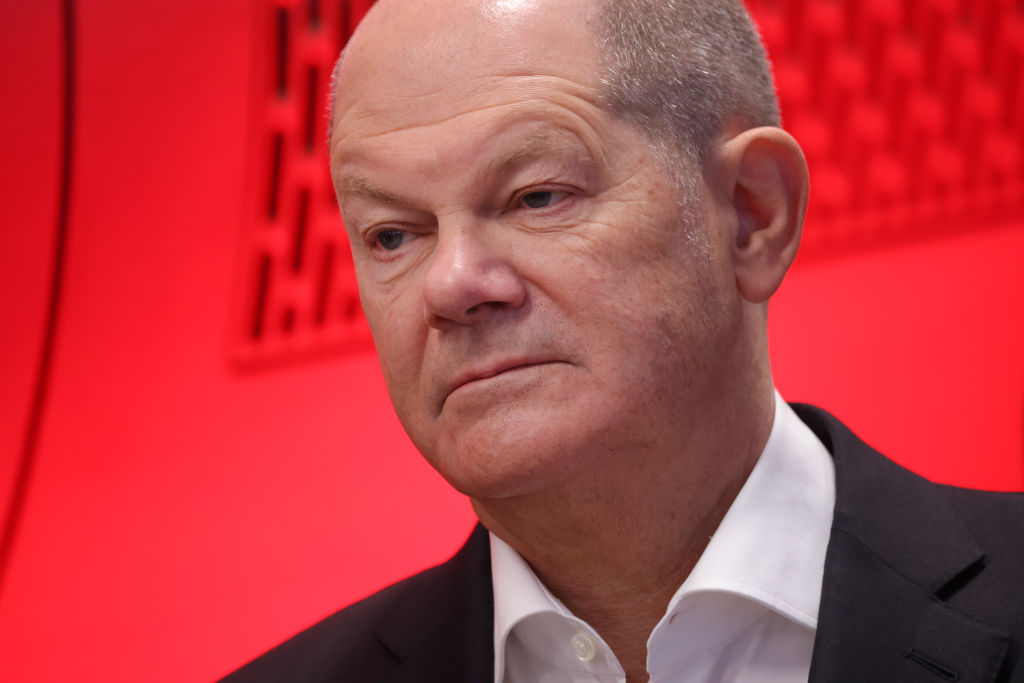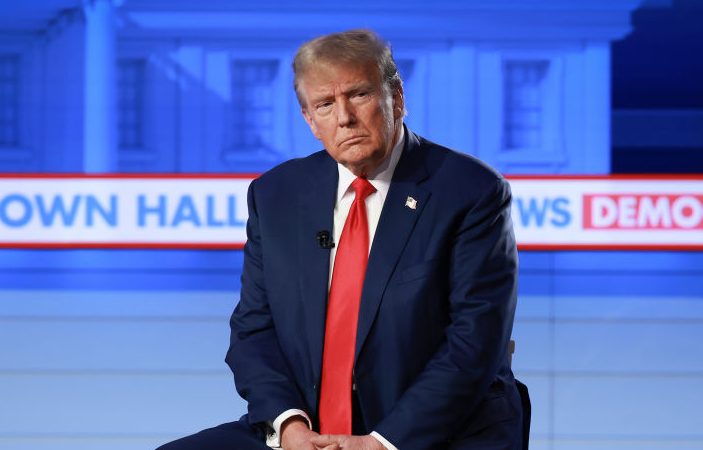The European Union risks being left “on its own” if the US opts to return Donald Trump to the White House as President, the Prime Minister of Belgium has said.
Alexander De Croo made the statement while addressing the European Parliament on the plans for Belgium’s six-month presidency of the European Council to June.
“2024 will be a crucial year. A lot is at stake for Europe. A lot is at stake for the West,” he said on January 16, warning it would be a year where European “democracy” and “liberty” would be “put to the test”.
“If 2024 brings us ‘America first’ again [Trump’s signature rallying cry], it will be more than ever ‘Europe on its own’.”
De Croo argued that the EU should not be afraid of such a prospect, saying Brussels should instead “embrace it” to increase the bloc’s “sovereignty”.
To do this, he argued that the EU must “evolve” from its current economic form into something more competitive on the world stage.
“Europe cannot become an economic museum,” De Croo said, arguing that Brussels needed to get ready to switch to a “higher gear” if it wants to achieve its fiscal and climate goals.
“The climate policies of China and the US contain an abundance of carrots for their industry. While we, here in Europe, all too often grab for the stick.
“We are leaving too little room for our companies. Too little room for innovation and for creativity,” he said.
A victory for former US leader Donald Trump in the upcoming 2024 American election could pose a “threat” to the country’s democracy, the European Parliament Research Service has warned. https://t.co/YIkdhWB2rj
— Brussels Signal (@brusselssignal) January 11, 2024
De Croo is far from the only person concerned about a possible Trump victory in the forthcoming US presidential elections.
Speaking after the former US president’s primary win in Iowa on January 16, arch-Eurofederalist Guy Verhofstadt warned that the Republican politician’s success represented a “threat” to Western democracy.
“Republicans [are] sending a message to the world: democracy fighting for survival,” he wrote on social media.
He went on to say that the “window” for defending democracy in Europe is now “closing too”, with later social media posts lambasting what he called the failure of “certain politicians” to back Europe’s efforts over the war in Ukraine.
Others seemed less concerned about what was happening in politics outside EU and more worried about the plans of the Belgian Council presidency.
Vlaams Belang politician Gerolf Annemans claimed that De Croo’s plans for the next six months were “bad news” for Europe, and that the Prime Minister was looking to pursue “a federalist agenda at the European level”.
This agenda, the Identity and Democracy group MEP added, would last until the European elections in June, which he argued “will put an end to this left-green government of Europe”.
Trump or Biden? What Europeans need to know about the US presidential elections this year – they are more important for you than any since World War Two, writes @henryolsenEPPC. https://t.co/5OAaQEDOu9
— Brussels Signal (@brusselssignal) January 15, 2024





